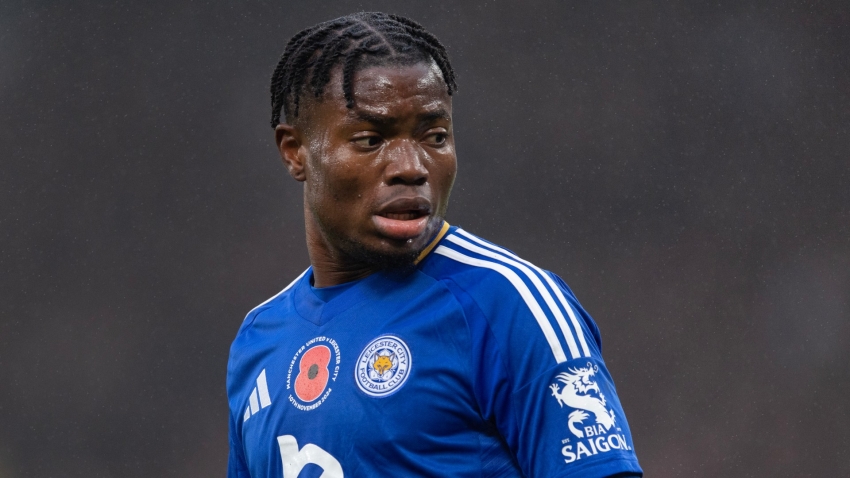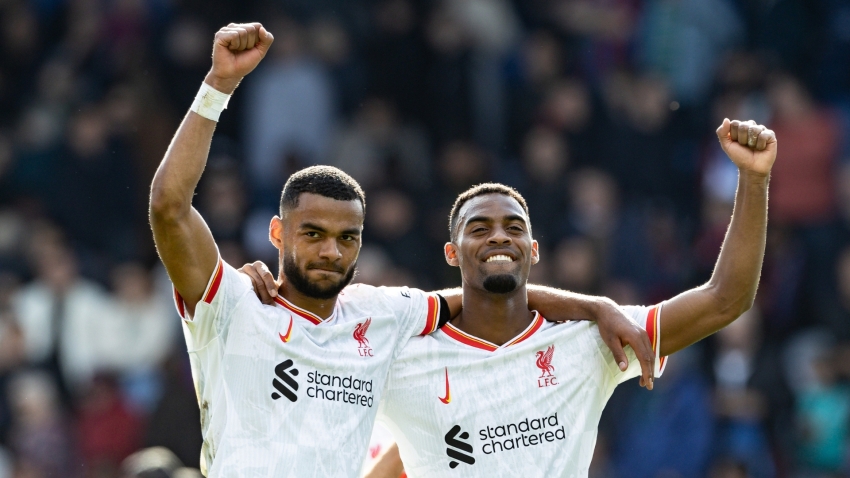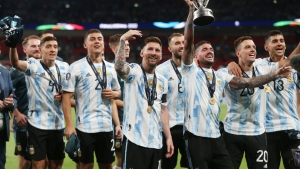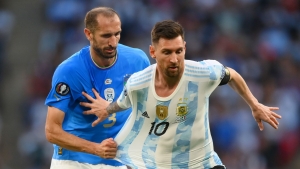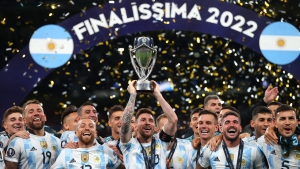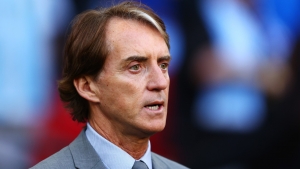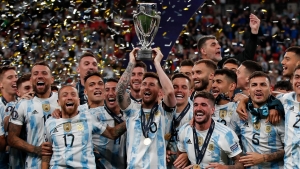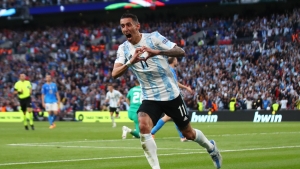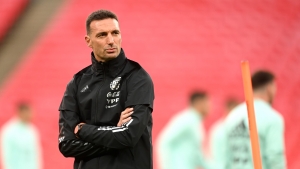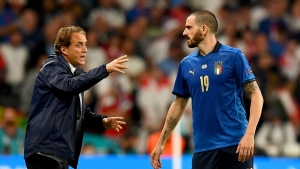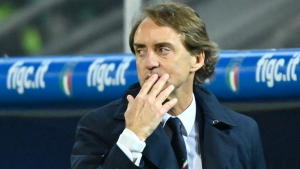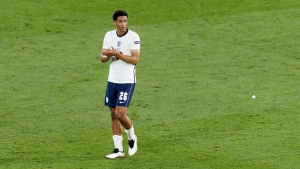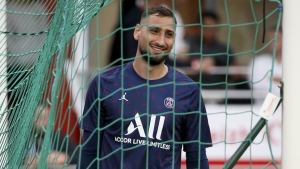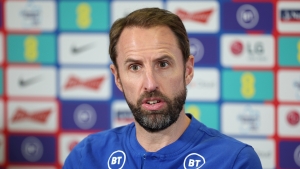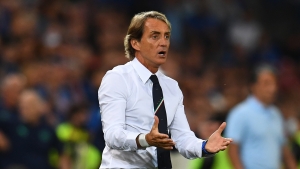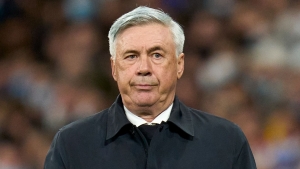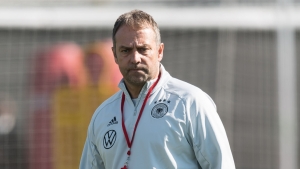Jude Bellingham has slammed the racial abuse that followed England's Euro 2020 final loss, stating "you're English for seven games and then all of a sudden, you're nothing".
England followed up reaching the World Cup semi-final in 2018 by making their first major final in 55 years, where they lost to Italy on penalties at Euro 2020 at Wembley Stadium last July.
Marcus Rashford, Bukayo Saka and Jadon Sancho all missed from 12 yards against Gianluigi Donnarumma, before the English trio were met with racial abuse online in the aftermath of the defeat.
England players and supporters rallied in support of Rashford, Saka and Sancho as the messages were greeted with widespread condemnation.
Bellingham has admitted his shock and disgust at seeing fellow young, black team-mates sent such abuse as he called for change.
"You look at the run into that final and you felt as though the country had united," 18-year-old Bellingham told The Mirror.
"Then as soon as they missed a penalty, they were not English, just black. Anyone can miss a penalty. Anyone can make a mistake in their line of work.
"But to be criticised like that should never happen. They are human.
"They are all top, top characters. To see them brought down like that was disgusting. As a team-mate it's hard to take because that could have been me. What if I'd missed a penalty? You're English for seven games and then all of a sudden, you're nothing.
"I know these are select idiots, of course, and it's not the whole nation turning against them. I'm sure that they probably had a bigger comeback of support. But the only support they should need is for missing the penalty, not for the racism that they've received after it."
Gareth Southgate labelled the abuse as "unforgivable" as he insisted his England team were a side built around bringing a country together, with players from a variety of backgrounds.
Bellingham expressed his gratitude towards the England manager's response, hailing the work Southgate is doing to make the Three Lions setup inclusive and open.
"To be fair, Gareth Southgate was brilliant," the Borussia Dortmund midfielder added. "He has always brought it up as a topic in meetings when we are aware that we going to [a country with a history of racism].
"We went to Hungary shortly after the Euros and the same thing happened again but we felt more prepared. We felt more supported because of what Gareth had put in place. As a black player you feel very grateful for that."
Bellingham was fined £34,000 by the German FA for his outburst questioning the appointment of referee Felix Zwayer in a 3-2 loss to Bayern Munich last December.
The Dortmund midfielder referenced Zwayer's six-month ban from refereeing in 2005, with Bellingham saying more was made of that episode than his first experience receiving racist messages.
"There's not a single job in the world where you deserve to be criticised with racism," he said. "I'll never forget the first time I properly got a batch of messages.
"My club were quick to send someone to message me and make sure I was alright and I really appreciate that. I had team-mates message me and family members.
"I didn't receive anything from the DFB or FA. And I always kind of compare it to when I said the thing about the referee in December.
"They were very quick to get into contact to give me my fine, give me my punishment and kind of make it a big drama in the media."










